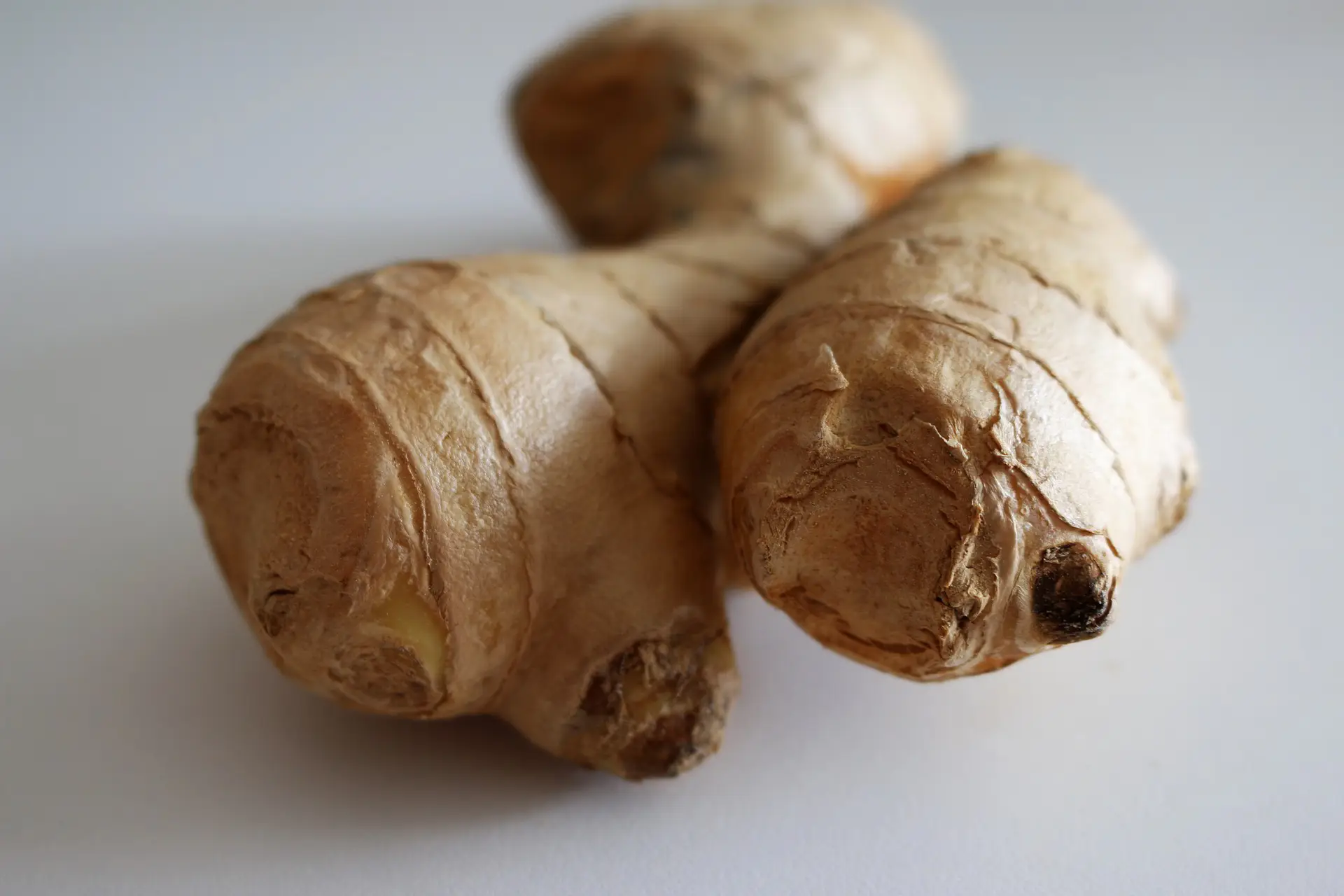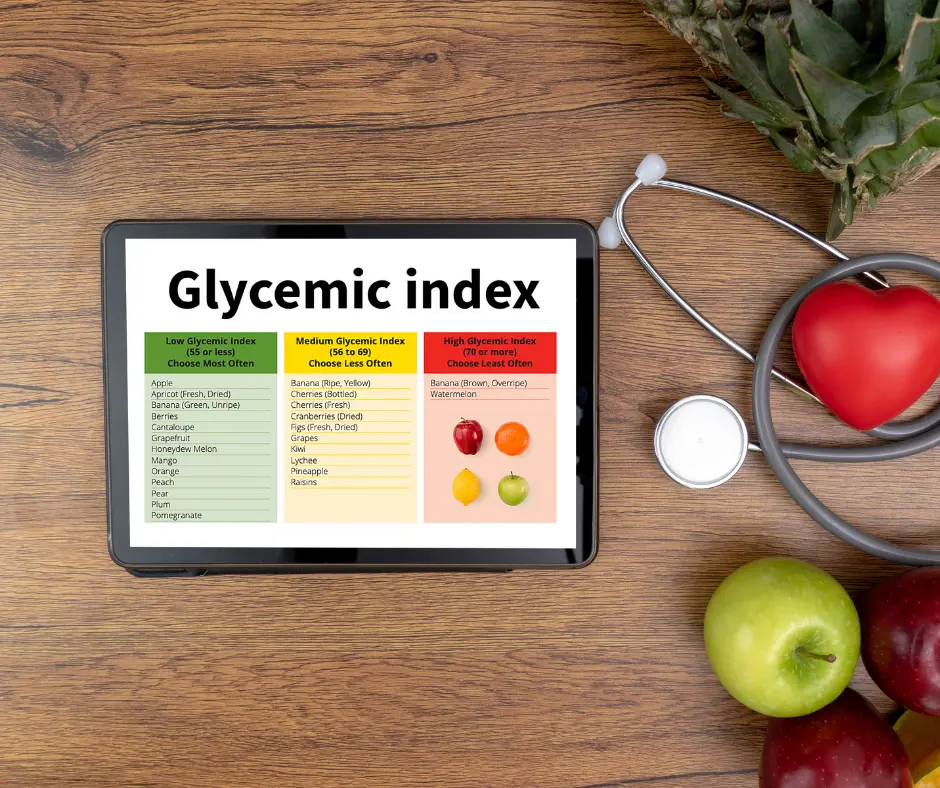Ginger has secured a pivotal place in Indian kitchens due to its flavourful profile and robust health boosting properties. The ginger with its pungent aroma has a spicy kick with a peppery note and a sweet buzz. Due to such a vibrant profile it is not only used to add flavour to curries and soups, but is also added to a number of beverages, pickled and candied successfully.
Undoubtedly ginger and tea are inseparable buddies and find a distinguished place in the hearts of all the tea lovers. Fresher the ginger, the juicier and less pungent it is. On cooking, it loses much of its pungency. It can also be used in dry powder, oil or supplement form.

Healing properties of ginger
Ginger is recognised for a number of its properties like anti-oxidative, anti-diabetic, anti-inflammatory, anti-cancer, neuroprotector to name a few. It owes its healing powers to a number of bioactive chemical compounds present in it. The phenolic compounds gingerols and shogaols are the main compounds attributed with the health benefits of ginger. Few of the ways in which ginger can contribute to our health are discussed below.
Digestive properties
Ginger can be a wonderful addition in the diet of people with digestive issues. Addition of ginger to diet has shown speeding up of the digestive process. It is also known to boost the activity of the enzyme involved in the process of food breakdown. It can help those with problems like constipation, indigestion and other stomach related issues.
Beneficial in nausea
Ginger is known to soothe nausea which may be due to pregnancy, chemotherapy, surgery, medication induced or motion sickness. The presence of certain compounds in ginger has a soothing effect on the stomach thus helpful in nausea reduction.
Beneficial in reducing menstrual pain
Ginger can be taken 2 to 3 days before the onset of periods as a preventive measure for menstrual cramps. It helps prevent uterine contractions that cause pain.
May help in cholesterol management
Ginger is helpful for those with high cholesterol as it helps in increasing the good cholesterol. It is known to increase the use of cholesterol by the body by stimulating the enzyme involved in cholesterol management.
May boost brain functioning
Ginger with its anti-inflammatory properties can help in ageing better. It’s known to boost memory, fight anxiety and possess antidepressant properties. Dopamine and serotonin, the hormones which are associated with a feel good factor are positively impacted.
Aids in weight loss
Ginger can be effectively used as a weight loss buddy as it is known to reduce appetite and aid in faster digestion and calorie burning.
Fights inflammation
Inflammation can be described as soreness or redness in any part of the body and is a kind of defence mechanism of the body. But inflammation beyond a certain point becomes uncomfortable and undesirable like in cases of arthritis. Ginger is a silent worker that inhibits the substances that promote inflammation and along with its anti-oxidative properties can provide relief from inflammation. It is also beneficial in reducing muscle pain experienced during exercise.
Promotes healthier skin
The presence of antioxidants in Ginger can help fight free radicals that can damage the skin. Ginger helps in preserving the skin collagen and giving the skin an even tone and youthful appearance, thereby promoting healthier skin.
Wards off infections
Ginger has been found to be effective in keeping common cold at bay by hindering rhinovirus activity, also helps fight bacteria responsible for diarrhoea.
May help reduce cardiovascular diseases
Ginger is known to have blood thinning properties, which allows for the free flow of blood. Thus being helpful in keeping blood pressure in check and preventing clot formation in blood.
Indigestion control
Ginger can help in many stomach related problems like indigestion, gas, acid reflux and bloating. Due to the number of antioxidants and beneficial compounds it soothes and heals the gut.
Anti-cancer properties
The antioxidant and anti-inflammatory properties of ginger may help in preventing some cancers like colorectal, gastric, pancreatic, liver. Ginger acts on cancer by preventing the build- up of cancer cells, cutting their blood supply, suppressing activator protein causing decrease in their growth.
Blood sugar manager
Ginger is shown to reduce blood sugar levels. It may also help the body with insulin production. Insulin regulates the blood sugar and keeps it under check.
Caution in ginger use
Ginger is considered mostly safe and side effects are unusual. It is advisable not to exceed consumption beyond 4 grams in a day. Very young children and pregnant women should be extra cautious while using ginger. Excessive intake of ginger may lead to belching, diarrhoea, heartburns, mouth irritation. People trying to gain weight should also avoid ginger. Ginger should also be avoided by people on medication for diabetes and blood pressure.
Conclusion
Ginger is a very common, easily available and affordable health food. It has always had a favoured place in grandma’s kitchen and why not? It can prove to be a magical addition in the diet for those who look towards natural ways to improve their health. Moreover, the versatility with which it can be added to the daily diet is an added and outstanding benefit.






